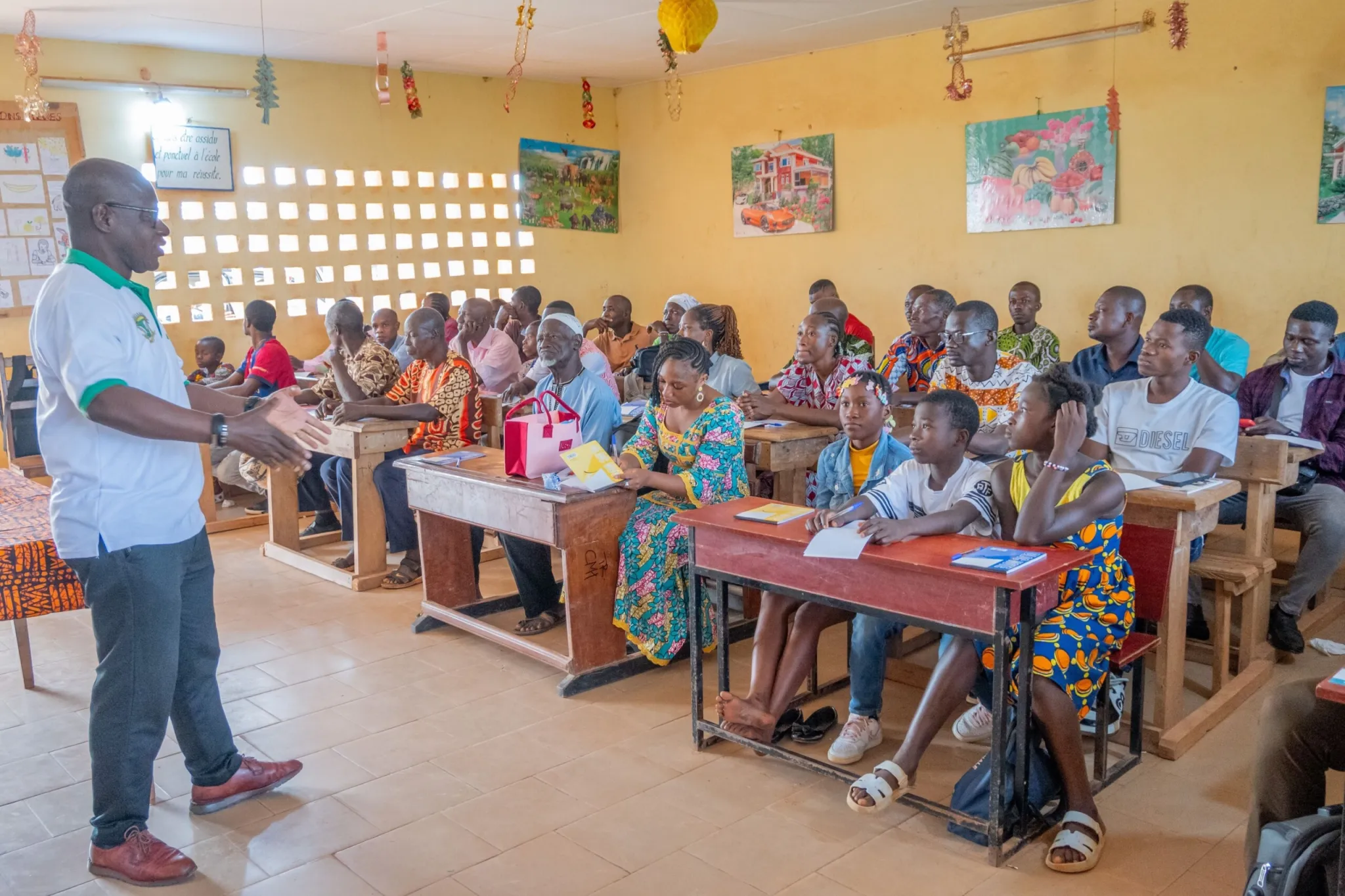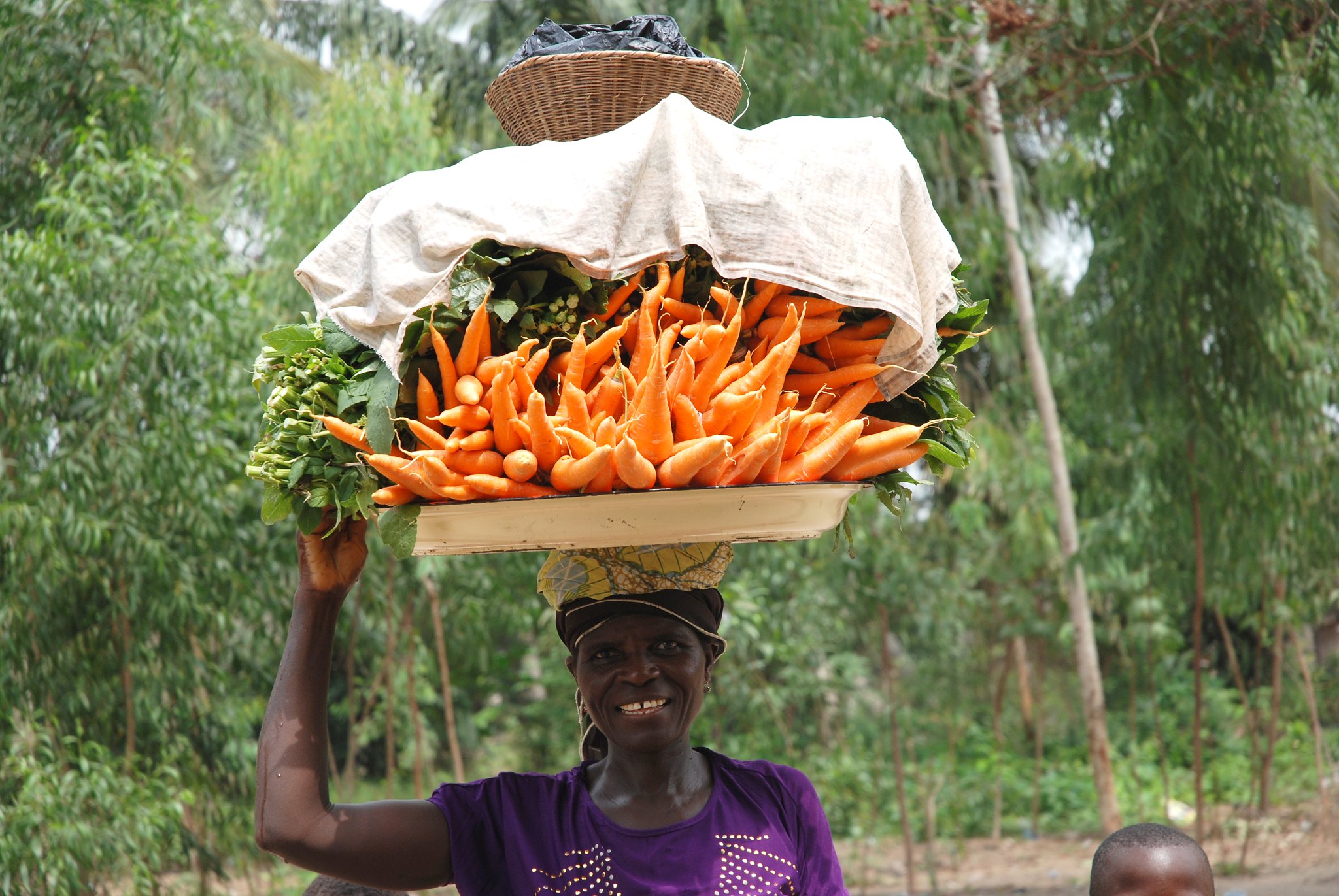by Deborah Kimathi
As a representative of the Learning Generation Initiative (LGI), I had the privilege of attending the EAC Inaugural Regional Conference on Education LGI HYPERLINK “https://learninggeneration.org/our-champions/” High-Level Champions Baela Raza Jamil and Teopista Birungi Mayanja. The conference, convened by RELI Africa in collaboration with Learning Generation Initiative partner ADEA, African Union, PAL Network and African Curriculum Association ,brought together over 600 stakeholders from across the region, and 8 Ministries of Education. Raza Jamil and Teopista Birungi Mayanja. The conference, convened by RELI Africa in collaboration with Learning Generation Initiative partner ADEA, African Union, PAL Network and African Curriculum Association, brought together over 600 stakeholders from across the region, and 8 Ministries of Education.
LGI kicked off the first day with a workshop exploring the role of the middle tier as pedagogical leaders who have the potential to transform teaching and learning. We centered our conversation on the voices of two middle-tier officers, whose day-to-day experiences exemplify the challenges and opportunities in educational leadership. Dr Sam Marigat, a County Director from Teacher Services Commission, Kenya and Vincent Ntandu, Meru District Education Officer, Tanzania shared their day-to-day responsibilities, the opportunities they had to influence learning, and the barriers that often stand in their way. One workshop attendee reflected that “Middle tier officers have mixed responsibilities including instructional leadership and administrative duties with the latter often stifling the first. They have to respond to many ‘masters’. We need to understand how to better develop the instructional leadership role. For example, there is proven potential in coaching.”
During the workshop, UNESCO IIEP and the Learning Generation Initiative shared joint research currently underway that is investigating the institutional and systemic challenge to the role of middle tier officers as instructional leaders. This spurred further discussion and surfaced important questions about how the role of the middle tier was defined and differentiated across contexts. Workshop attendees engaged actively in small groups to document the persistent challenges that middle tier officers face, and brainstorm potential solutions.
On day two, LGI hosted a panel discussion on the potential of a learning team approach to address challenges of foundational learning. Teopista moderated an engaging discussion in which we heard from three East African organisations leveraging a learning team approach for impact – Building Tomorrow in Uganda, GRIC across East Africa, and Dignitas in Kenya. The resounding conclusion of the panel attendees was that education actors can no longer afford to work in silos, the only way to address the current learning crisis is indeed, together.
Our final session was a panel discussion on ‘Approaches to Delivery’ which featured the fascinating research of Dr Ken Opalo on Big Results NOw in Tanzania undertaken as part of the Education Commission’s DeliverEd Initiative, and the development of a Delivery Toolkit which translates the DeliverEd research into action as part of LGI’s What Works Hub for Global Education work. The session spurred dialogue around the common pitfalls in policy reforms and actionable solutions. Perhaps not surprisingly, this overlapped with our earlier discussion on the role of the middle tier as consideration was given to how new policy directives are communicated and supported all the way to the classroom despite the far too common disconnect between the grass-roots and the national policy making bodies.
Interspersed between these sessions, and engaging in plenary dialogue, LGI Champions Baela and Teopista interacted with policy makers and development actors from across the region. Reflecting on the importance of lived experience in policy dialogue, Baela remarked “It is powerful that, as champions, we bring the perspective of people who have lived and breathed within the system to policy dialogue.”
These key takeaways encapsulate the key insights gained from a week of rich dialogue and collaboration, offering food for thought as we continue our pursuit of educational transformation:
- Data is not a new topic in the systems transformation narrative. However, I believe we now need to go beyond simply collecting data and making it available. It’s high time we thought deeply about how data is utilized. For example, what competencies does a typical middle tier officer need for data-driven decision making that will drive learning outcomes? What mindsets and culture need to be nurtured across a district, provincial or national system to ensure that practice is informed by teaching and learning data? How can the agency of school leaders and teachers, as front-line policy implementors, be enacted so that they can use data to innovate and address complexities like large class sizes and teacher shortages?
- Localisation is more than a ‘buzz-word’ – how do we centre voices from the communities and constituencies in which we seek to have impact? We must give space and value to their experience and expertise, not in a tokenistic way, but in a manner which allows them to lead. Having this conference host this important dialogue at a regional level, led by regional voices was powerful and something that should be getting more attention on the global stage.
- Champions, those who have ‘walked the talk’ have a significant role to play in surfacing evidence and solutions, in building relationships that can make significant contributions to policy reforms, and in influencing decisions in subtle ways grounded in relational and social capital.
- As a sector, we need more dialogue on systems resilience. The region (and the world) is increasingly volatile, with more displaced people groups than ever before in recent history, and more climate-related shocks. How should education systems respond? What is the role of the education workforce? How can systems be strengthened ahead of shocks, and what kind of leadership do systems need to be resilient in the face of complexity?
- Finally, there is power in collaboration. Shared being and knowing, and a shared sense of purpose are at the core of many African communities – this represents real strength and was embodied in a vibrant community of actors who came together to learn and act. Collaboration is something many say that they do, but few do well. The philosophy of Ubuntu is that ‘I am because we are’ – what if all efforts to transform systems, reform policy, and improve learning were focused on a shared thriving, and the interconnectedness of each person’s wellbeing and learning?
In the coming weeks, we’ll continue our blogs series and feature pieces from our partners—GRIC (East Africa), Building Tomorrow (Uganda), Dignitas (Kenya) and NEI+ (Nigeria) who will highlight inspiring Learning Teams success stories in action. Stay tuned to learn how collaboration is driving meaningful change across the region and beyond.


